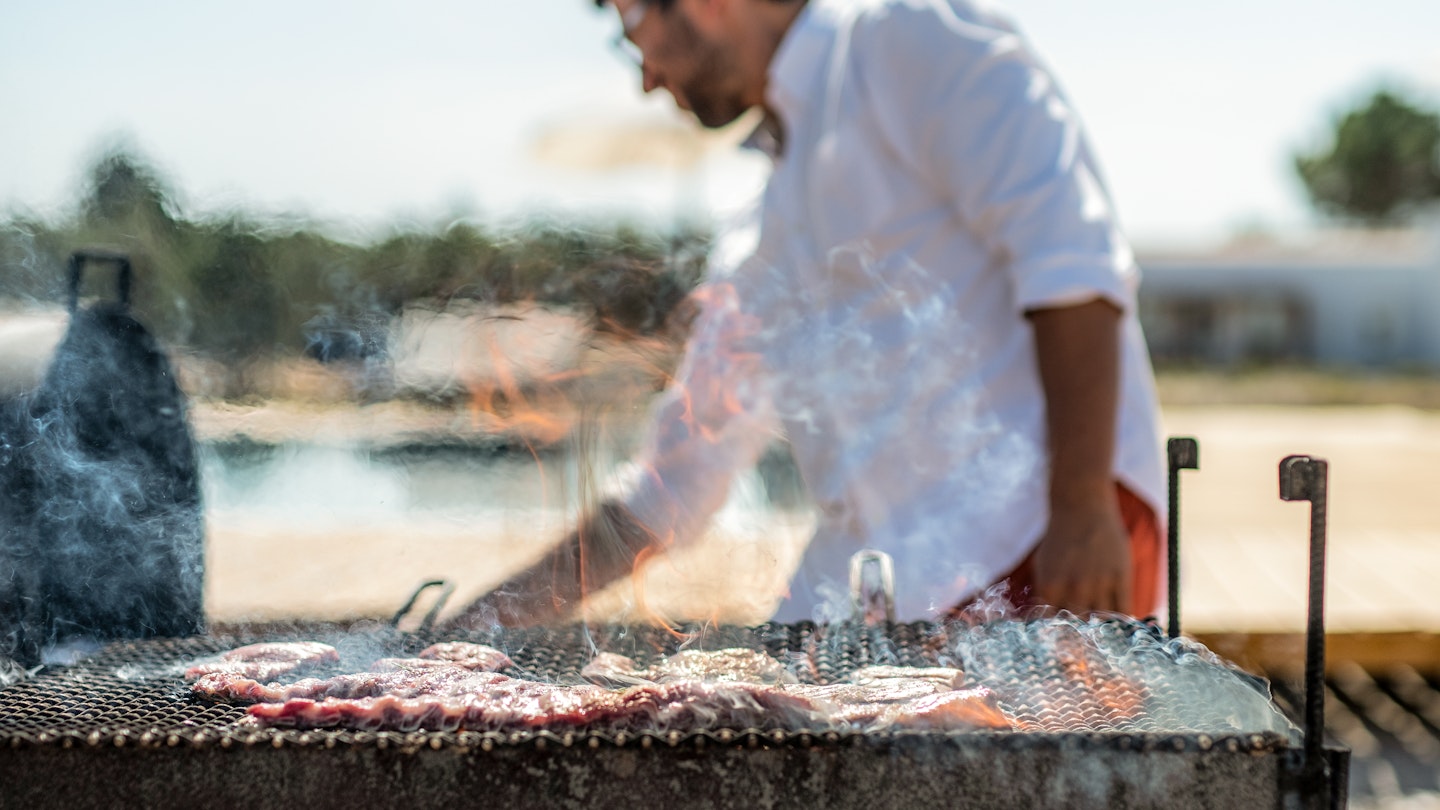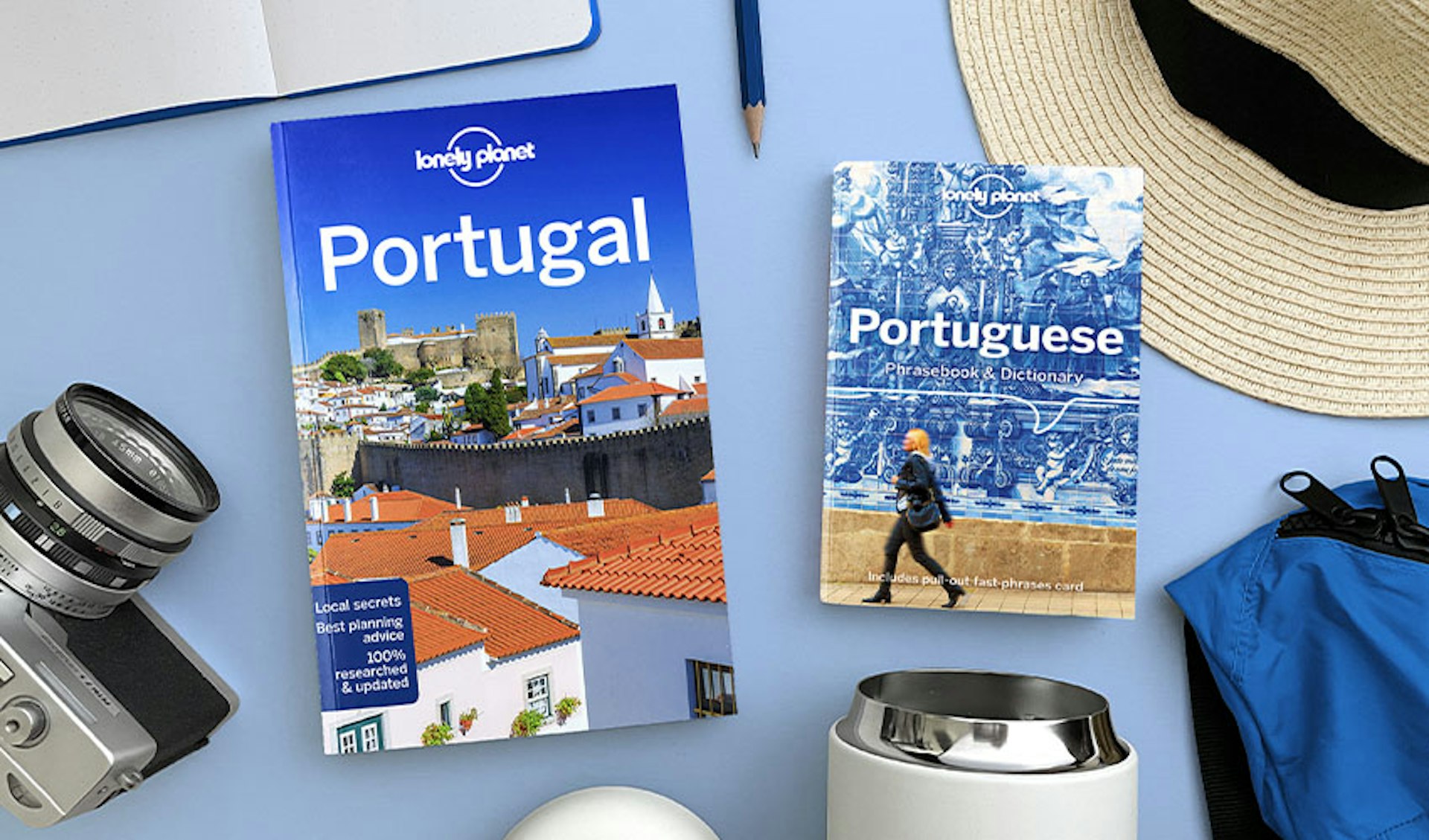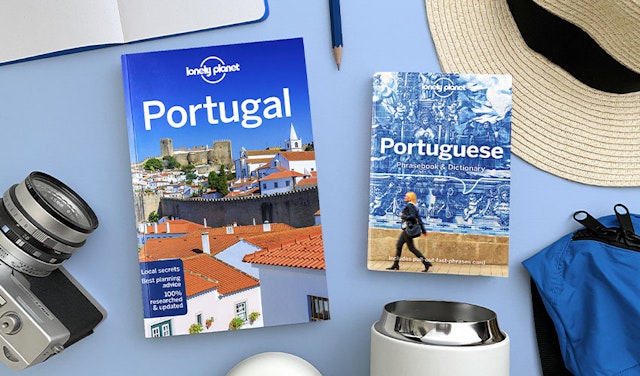Writer Georgina Lawton heads into the countryside in search of the tastes and smells she longed for while suffering from COVID-19.
On a near-cloudless morning in southern Alentejo, Portugal, a golden sun spreads like melted butter across manicured lanes of vegetables stretching into the distance. The air smells light and crisp. I am walking through the herb garden at Craveiral Farmhouse, a collection of 38 luxury villas spread across 22 acres of organic farmland, and Miguel Cerqueira, Craveiral’s resident chef, is quizzing me.
He hands me a leaf and I inhale a sweet and floral aroma with lemon notes. “What do you think this is?” he asks. A type of rose? “No, geranium,” he says. Cerqueira picks a tiny strawberry from a nearby bush and hands it to me. A burst of sweetness envelopes my tongue, neither too cloying nor too acidic. We continue down the winding wooden path and he points out fennel, leeks and eggplant, all of which feature on the menu at the on-site restaurant. Eventually, we arrive at a bush of purple flowers with shiny dark green leaves. “Smell this,” he instructs. I inhale the leaf; it is warm, agitating in its familiarity. “Cinnamon?” I ask. “It’s cinnamon basil,” he says. “Cinnamon comes from a tree.” So I was half-right? Cerqueira laughs.
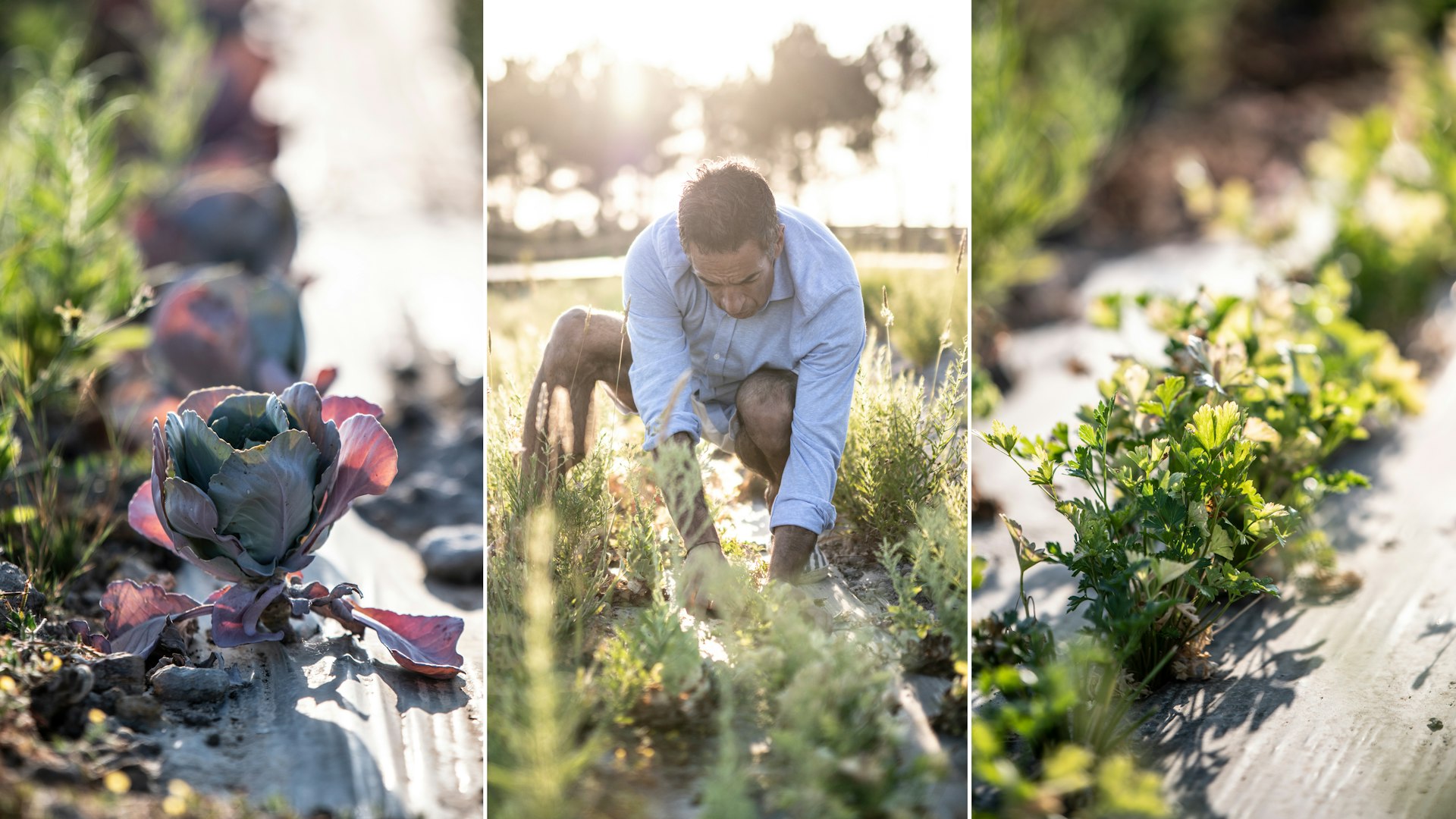
The scent instantly evokes memories of Alfama Doce, my favorite bakery in Lisbon, where I’d tasted my very first pastel de nata after moving to the city one year earlier. First, the egg-custard pastry dusted with cinnamon had become my go-to mid-morning treat. Then, after contracting COVID-19 in July of this year, it tasted like nothing at all.
A world dulled
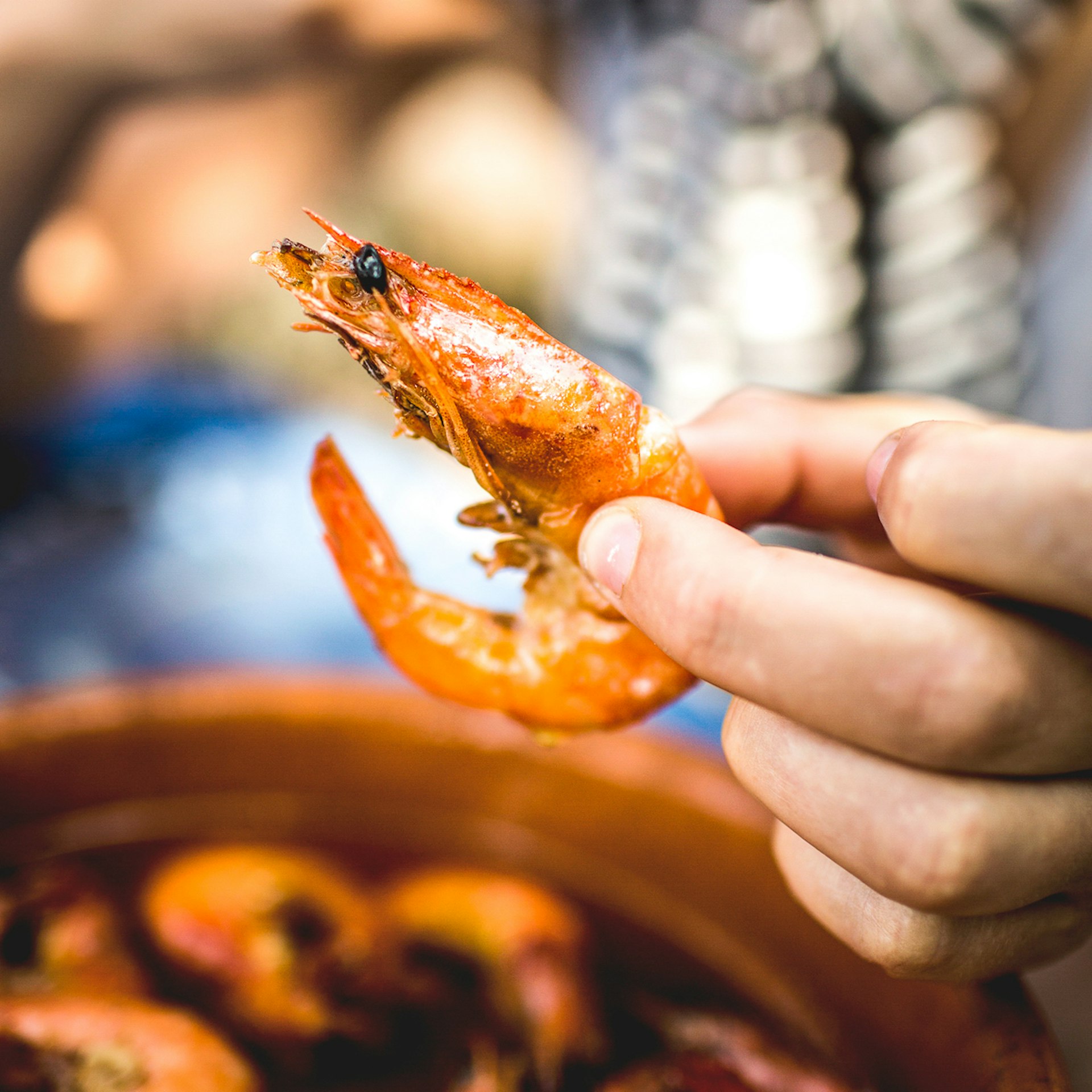
For two long weeks, stuck in my apartment with just my 4-year-old greyhound Jasper for company, I had coveted all the smells and tastes that I had come to associate with my new life in Portugal. There was the rich aroma of my morning pingado (espresso with a splash of milk); the scent of garlic and parsley from a pan of sizzling prawns in a crowded restaurant; the hit of sweetness to the back of the throat after that first sip of a delicious four-euro bottle of wine.
While waiting and hoping for my smell and taste to return, my life felt drained of its color. I had a lot of time to dream of traveling and my thoughts kept coming back to Alentejo, a region of the country that I had been told was famous for its food. While bed-bound, I decided Alentejo would be where I’d go for a sensory awakening once I recovered.
I also hoped my sensory awakening could at once double as an education. Research shows that the olfactory awareness of most city-dwellers is being diminished the longer we live in metropolises. Kara Hoover, a bioanthropologist at the University of Alaska has theorized that many of us are suffering from “cultural anosmia,” an inability to detect nuance in natural scents beyond our polluted environments.
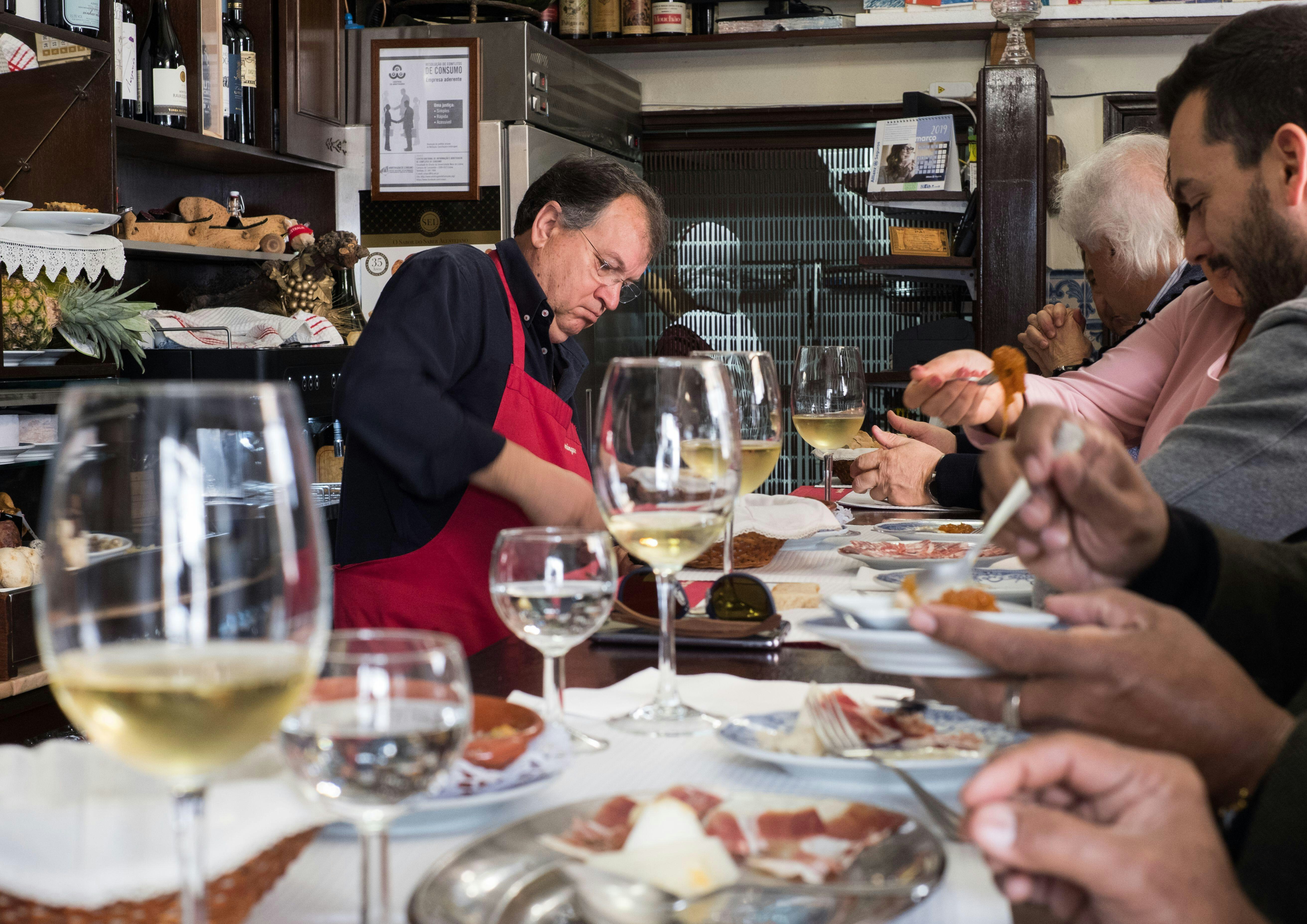
COVID-19 clearly showed me what’s at stake: completely losing my senses of smell and taste was a devastating descent into banality and the return of those senses was gradual. I could taste my food after two weeks, but my ability to smell didn’t return until after about a month.
You don’t realize how much you miss the ability to smell until you’re home alone, setting orange peels on fire because a friend saw it on TikTok and thought it might help (it didn’t). Smell is thought to be the oldest sense, having evolved to detect over a million scents to help us find a mate, source food and avoid danger. The inability to smell has been linked to everything from depression to bad sex. For me, taste and smell punctuate my days with purpose, helping me shape memories and bringing joy into the everyday. When I don’t taste, I don’t feel.
In search of healing
That evening, a few hours after my tour of the herb gardens, I head to the heart of Craveiral Farmhouse: its farm-to-table, open air restaurant. A log fire fizzes and crackles beside wooden tables. Locally sourced black pork, or porco preto, is cooked on an open-air griddle. The scent of crisping meat merges with the smoke in the evening air as I sip on a cocktail, which the barman has infused with a sprig of blowtorched rosemary. For a passing moment, I’m brought back home to London, where I’d watch fireworks displays around bonfires during the annual Guy Fawkes celebrations.
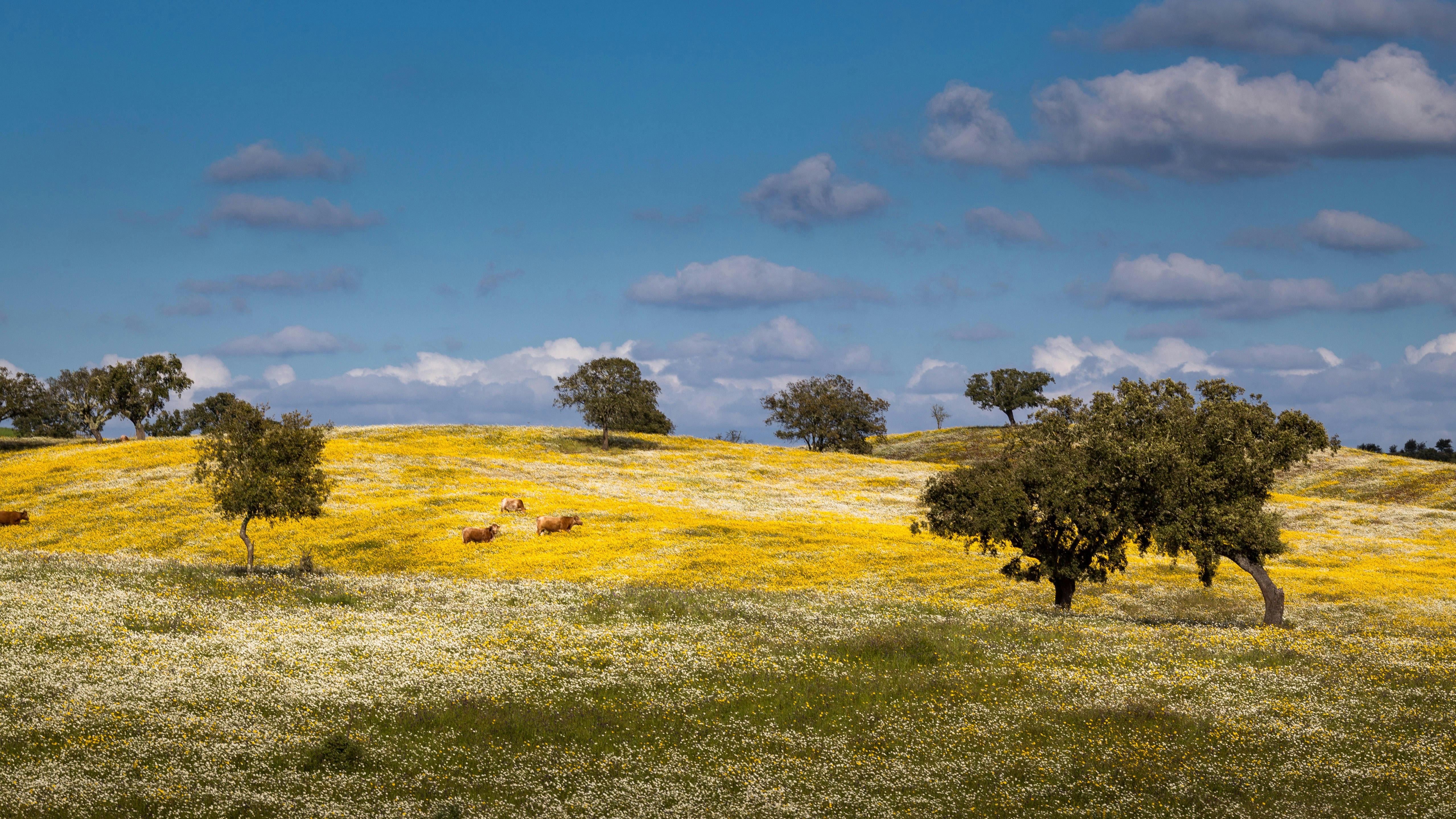
The next morning, I take the two-hour drive to northern Alentejo along bumpy narrow roads. Alentejo is Portugal’s largest region, about the size of Belgium, and also its most sparsely populated. I pass fields that, quenched by the warm and wet September sky, are briefly returning to bloom. Orchards are in the middle of transforming from vibrant greens to muted browns, and the harvest appears to be reaching its peak. Despite the transformations underway, there is an eerie stillness to the countryside.
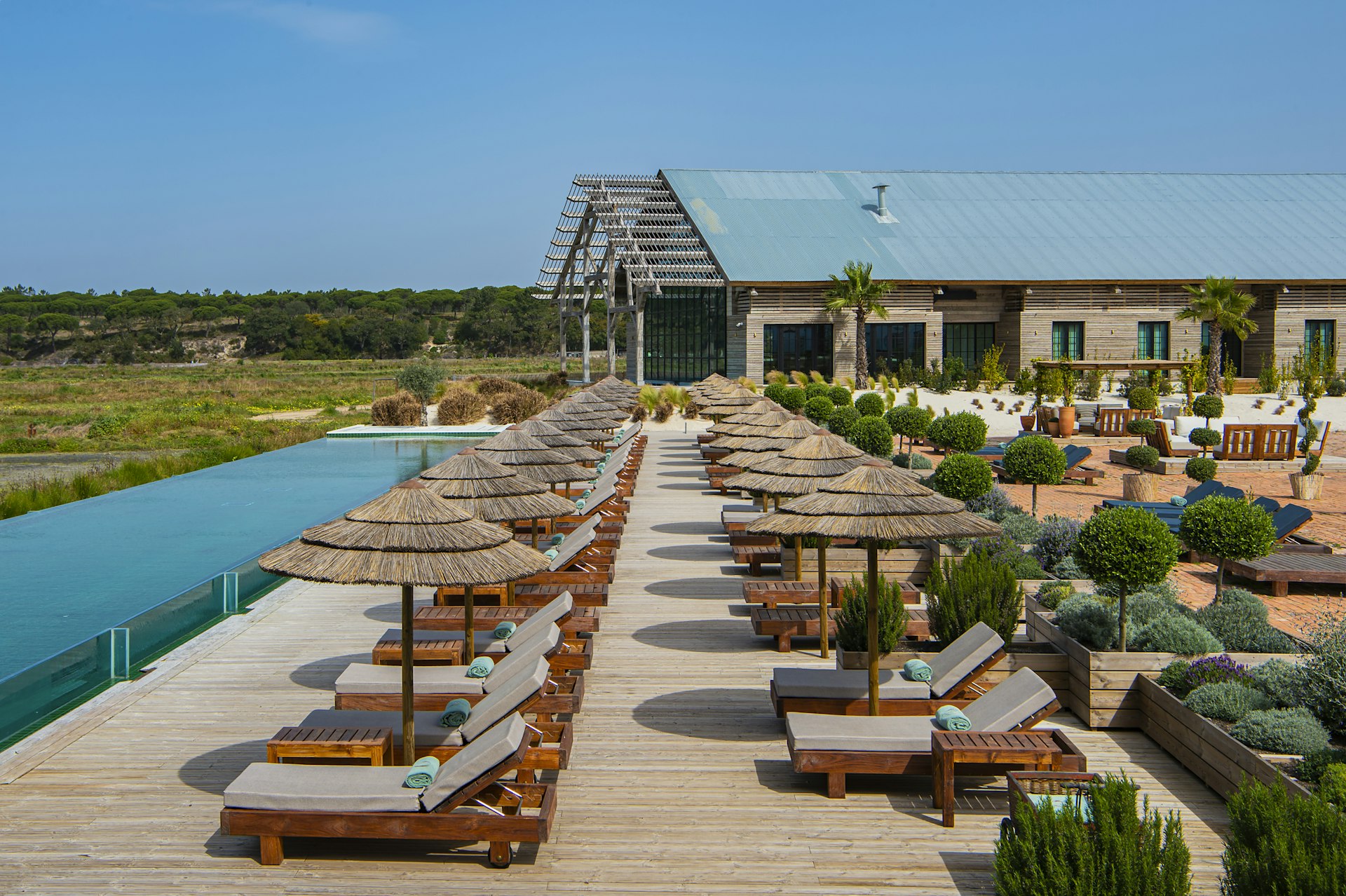
In the afternoon, I arrive at the bucolic Quinta da Comporta, a former rice farm transformed into luxury accommodations: 73 rooms and four white-washed villas, 3km from the quiet coastline of Comporta. The rooms are filled with understated Balinese-inspired furnishings and set on perfectly manicured lawns between patches of sugar-white sand and miniature cacti. I take a dip in the 40m-long, solar-heated infinity pool which overlooks rolling rice terraces. As if I haven’t indulged enough, I book an acupuncture face massage at Oryza Spa, the on-site wellness center.
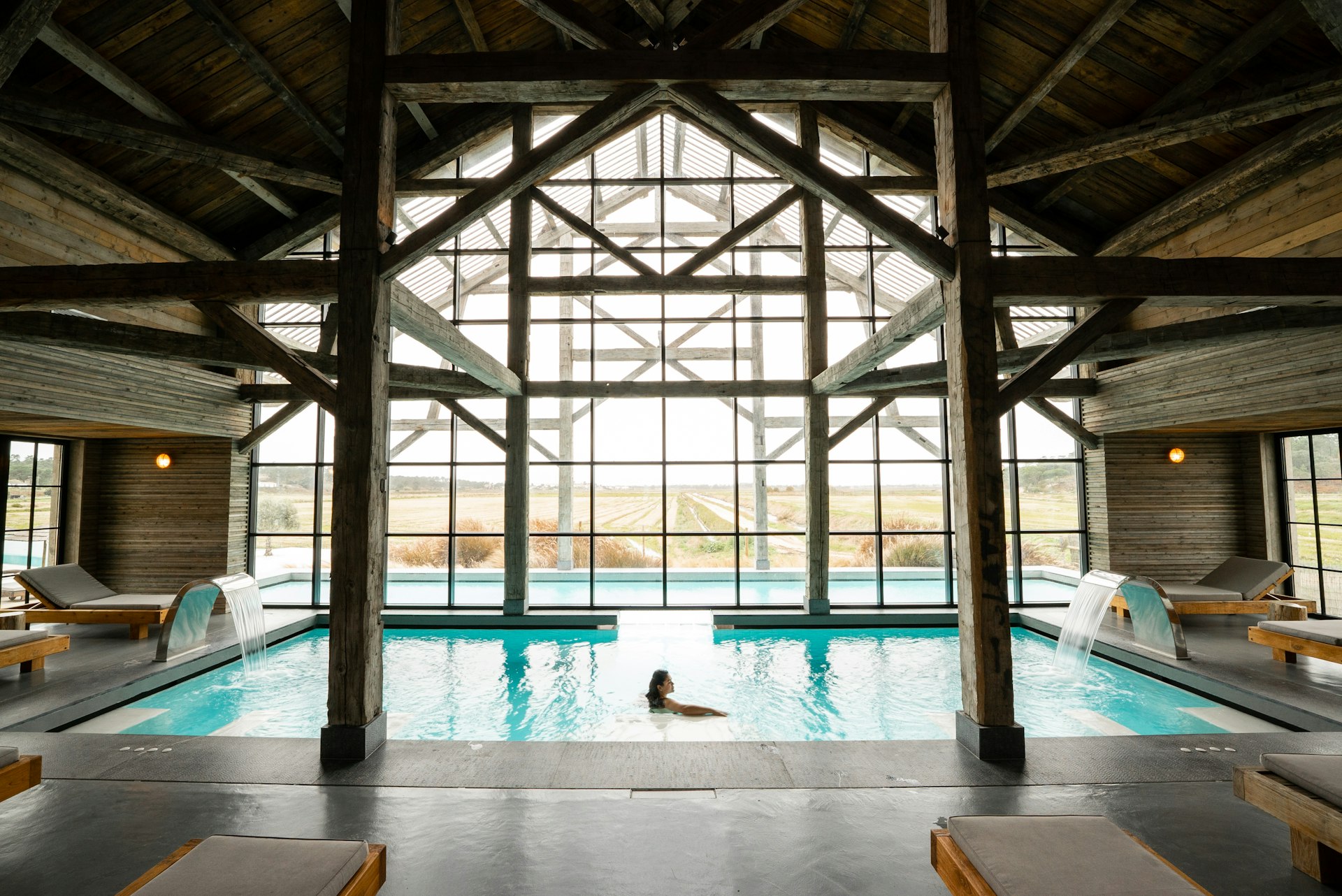
At Oryza, an immense feeling of calm washes over me as soon as the therapist hands me a cup of rice water in the entrance hall. I sip the cloudy, near-tasteless liquid while gazing at the apricot sun setting over the fields in the vast entrance hall. As the treatment begins, the therapist places around two dozen tiny needles into my face; some are totally painless, others like a mild mosquito sting. After 15 minutes, he plucks them from my face one by one before applying a selection of rice-based products into my open pores by running a smooth jade tool across my face in slow, circular motions. When I leave, I feel as if I am walking on clouds with a face like cold velvet.
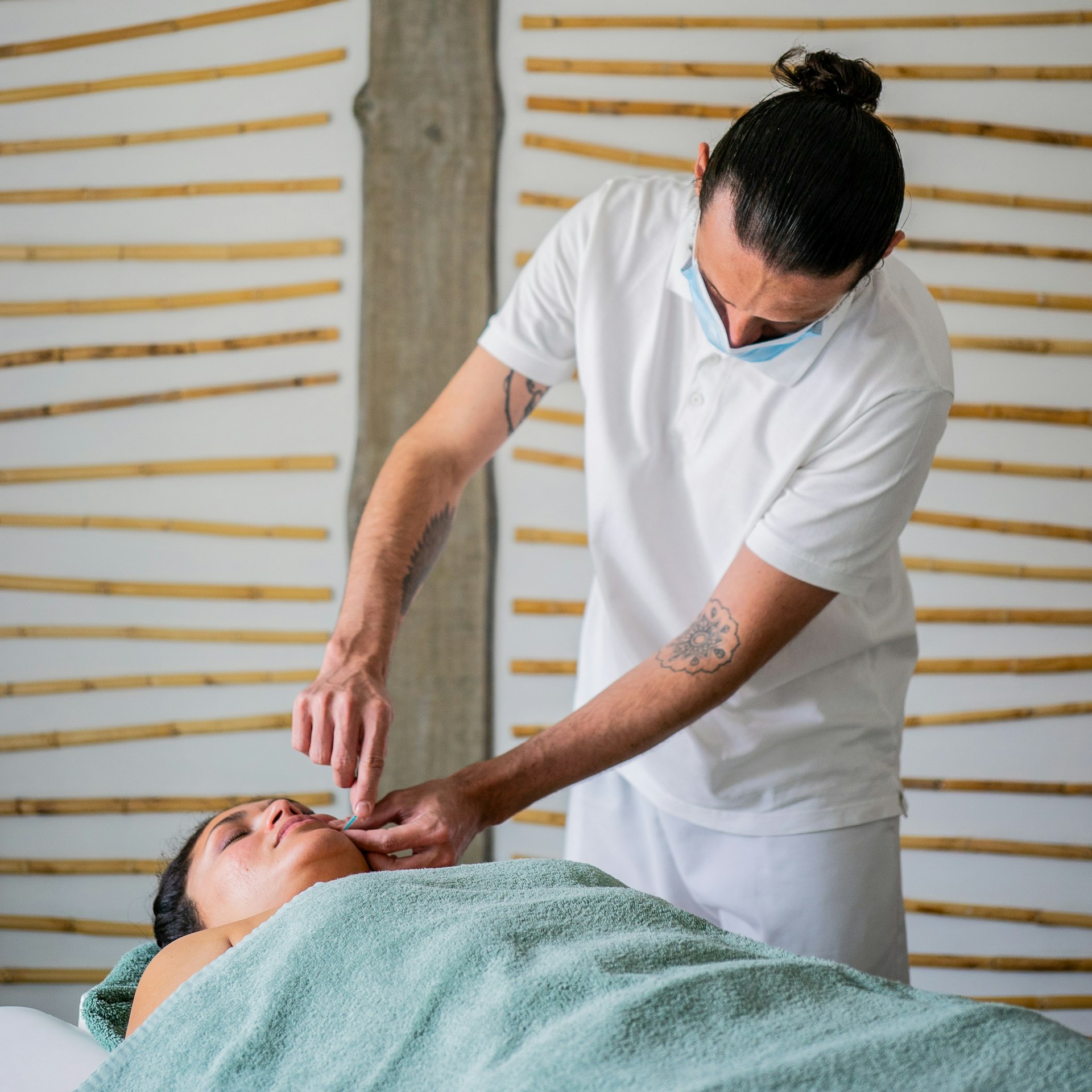
Acupuncture has been shown to increase sensory perception, help with insomnia, and promote a sense of calm. After enduring sadness, touch deprivation, and a fever complete with night terrors when I had COVID-19 — not to mention a total dulling of my senses — I find I am open to any treatment that is linked to improved mental clarity. As I leave the spa, I think about how grateful I am to have made a full physical recovery, but also about how so many of us will be picking at the psychological scars left by COVID-19 for years to come.
A sweet tooth reawakened
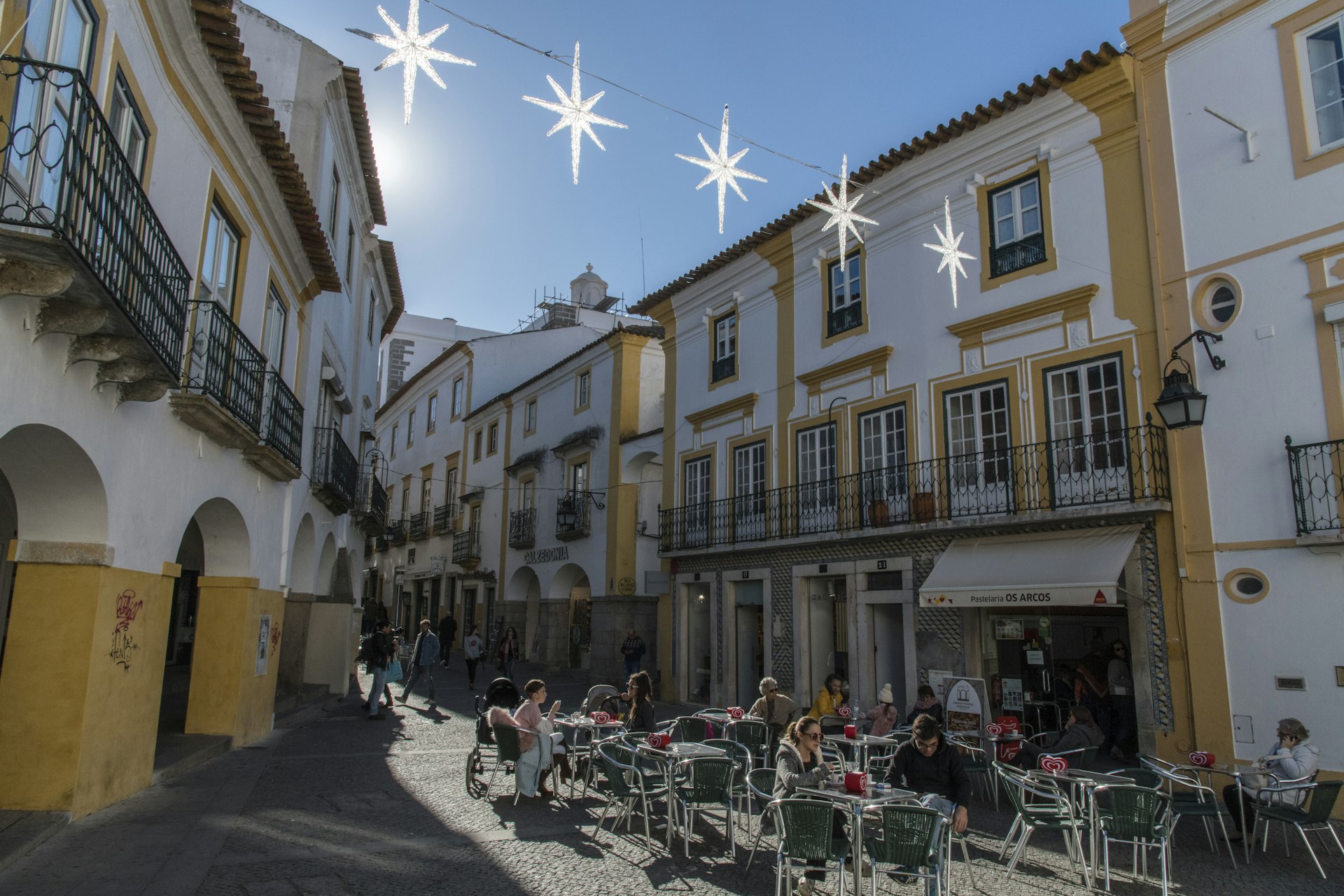
The next day, I wake up with a craving for sweets and I head to Évora, Alentejo’s capital and a medieval city with a formidable culinary reputation. In Évora, I’ve enlisted Ola Miguel, a tour guide who is diminutive in stature and has an encyclopedic knowledge of the city where she has lived all her life. Miguel tells me that many of the Évora’s desserts were invented by Clarissian nuns and so come with giggle-inducing names like “Nun’s Belly” and “Heaven’s Kiss.” A stroll to Pastelaria Conventual Pão de Rala, a famed local bakery with blue-tiled walls and a handful of tiny wooden tables, makes for a deliciously sinful afternoon. I try an almond- and egg-based Queijinho Do Céu (meaning “little cheese from heaven”) and Pão de Rala (a similarly flourless cake made with eggs, lemon, and almonds).

I learn of the Pastel de Toucinho (“pastry of bacon”), a product of the region’s obsession with all things pork. A spherical, jam-filled, flour-based tart, this quickly becomes my favorite. “There was so much pork here it made sense for the fat to be used in desserts too,” Miguel tells me, translating the words of the woman behind the counter who is also the owner. “There’s no longer any meat in these, but the name has stuck.”
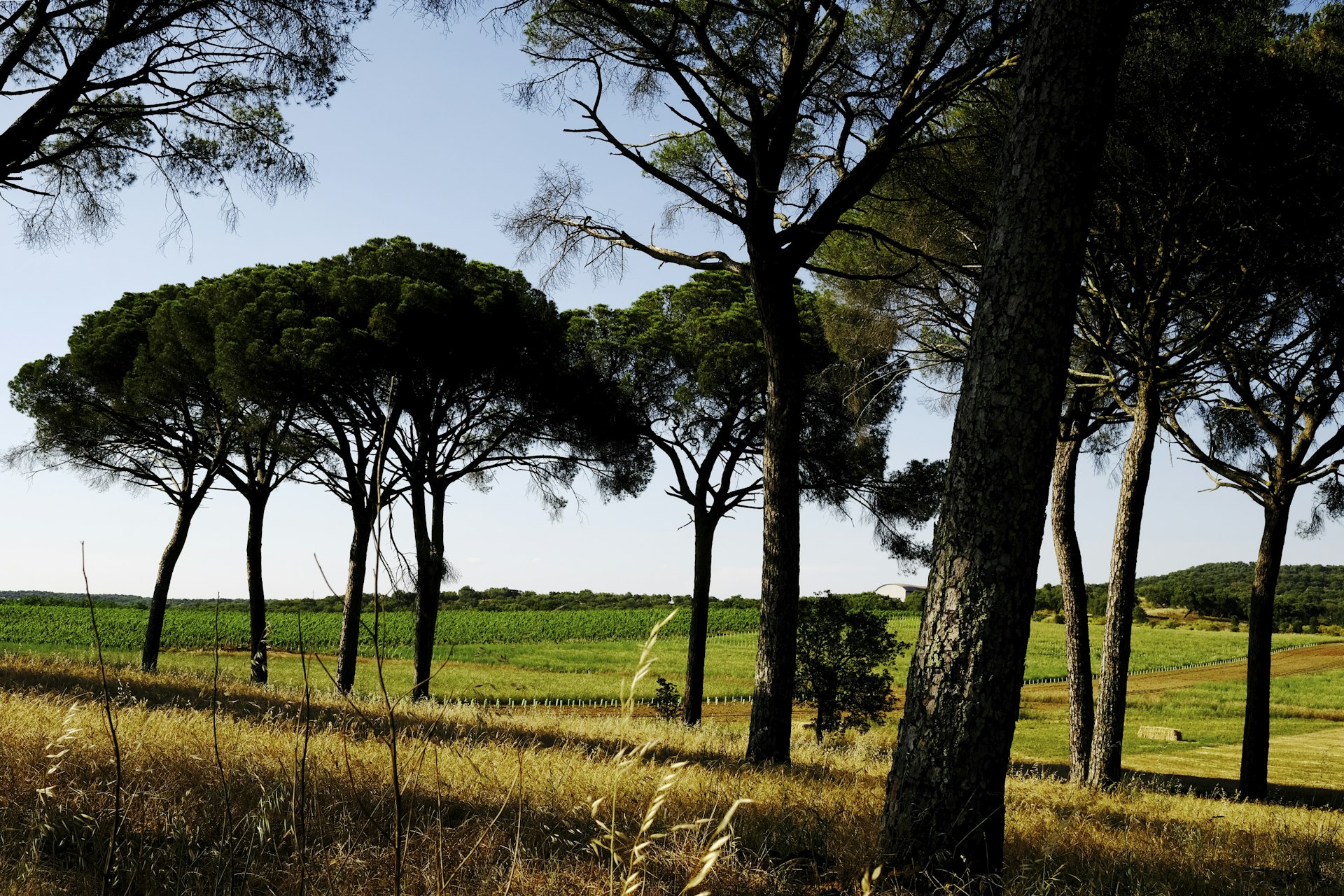
After fully reactivating my tastebuds with pork, pastry and pork-inspired pastry, it’s time to sample the region’s wines at Herdade de Coelheiros, a vast estate 30 minutes from Évora. It is a smorgasbord of autumnal colors at this time of year; purple wine grapes on the ground, a carpet of burnt-orange cork-tree leaves in the sky. Alentejo receives three times more rain than the rest of the country, and I breathe in the earthy scent of fresh rain on damp soil as I am driven around the estate and try to spot the wild deer that live here. I learn that Coelheiros wines, which are both red and white and grown with organic grapes, are most popular in France and Brazil but that there is little market for them in the UK; no wonder I’d never heard much about Portuguese wines before moving here. I try four different wines, and find my rekindled senses particularly drawn to the rich and woody aromas of the two reds.
My lack of olfactory knowledge on this trip — starting with my shoddy quiz results in Craveiral’s herb gardens, ending with a crash course in Portuguese wine — is a stark reminder of my distinctly urban lifestyle in England. Place me before the heady aroma of a bus’s exhaust in Dalston, the scent of second-hand smoke and stale beer from a bar in Brixton, or in a curry house cooking up kormas in Croydon and I’ll be right at home. But distinguishing wine notes and herbs? Not exactly this Londoner’s specialty.
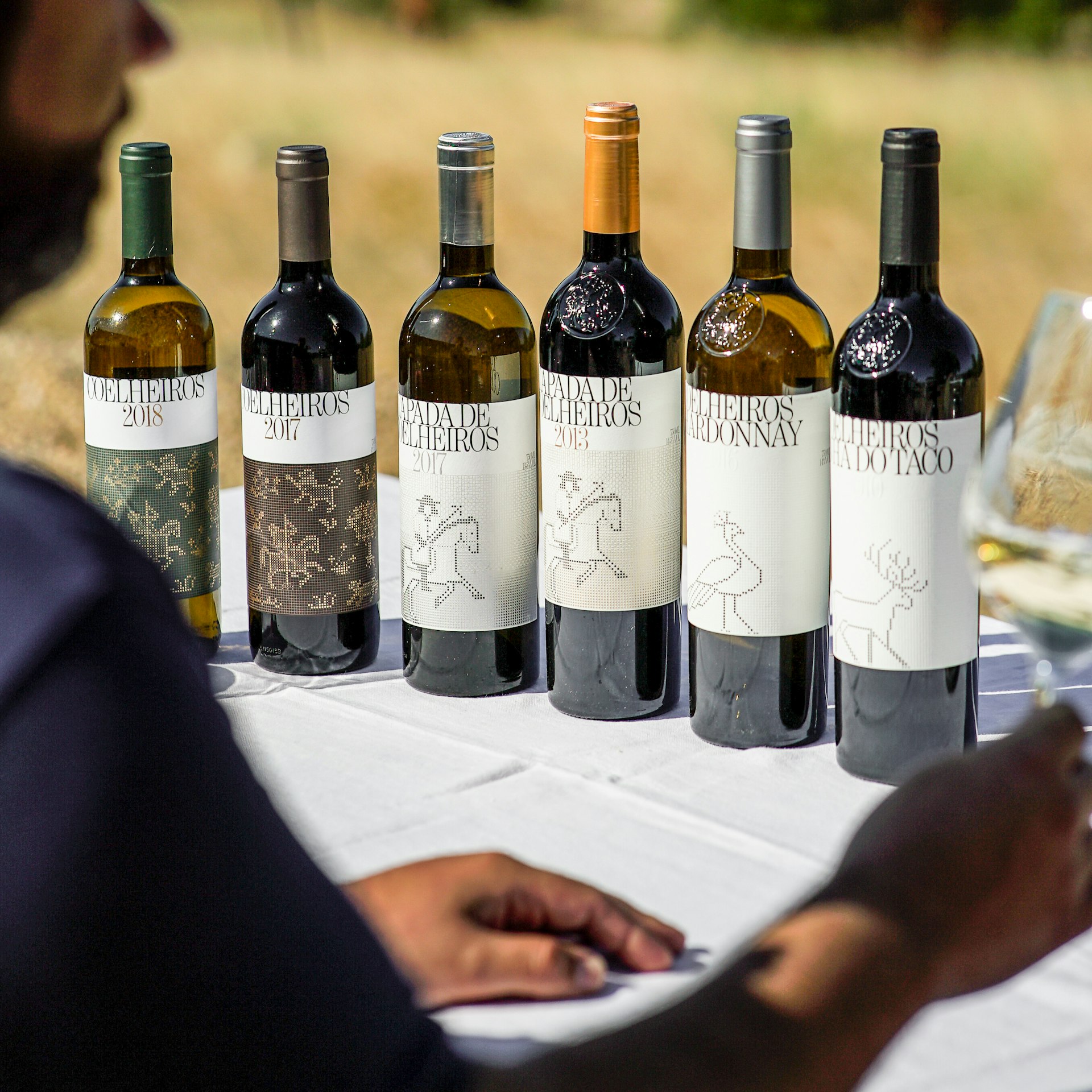
Alentejo, in how it reignited not only the senses I had momentarily lost, but also ones I am yet to fully explore, was the education I was hoping for. Sitting in the Coelheiros tasting room, I select a new favorite wine: a smooth and direct red that has been aged in oak for one year. I take it back to my Lisbon apartment later that day with plans to save it for a special occasion. But as I look around the living room where I spent two weeks isolating with Jasper, I decide this is just that. It’s 4pm and I pour myself a glass as my dog looks on. The first sip is sumptuous and smooth with notes of vanilla and oak. It’s a flavor, I realize, that would be perfectly matched with a side of porco preto — or one of the Évora pastries that are still practically bursting out of my bag.
Georgina Lawton traveled to Alentejo with support from Visit Alentejo. Lonely Planet contributors do not accept freebies in exchange for positive coverage.
You might also like:
10 amazing places to visit in Portugal right now
Portugal's top experiences show off the small country's rich culture

